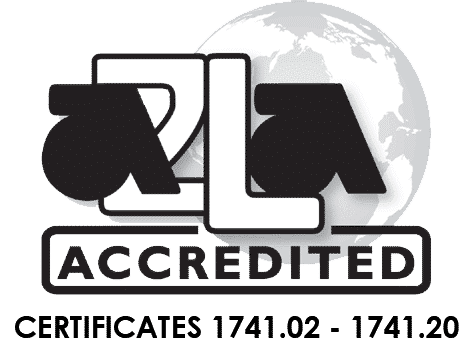The Highs And Lows of Cosmetic Production
Calibration of measurement equipment is definitely not part of the sexy side of the cosmetics industry. Quite often, operations and maintenance departments consider calibration to be a necessary evil, requiring a great deal of time and paperwork. World-class manufacturing operations, however, understand how good calibration can positively affect profitability.
Calibration means making sure your measurement equipment is measuring exactly the way it says it is. So if your recipe calls for 100g of a particular ingredient, calibration ensures your scale is actually weighing out 100g, not 95g or 105g. Any piece of equipment that takes or relies on a measurement and is integral in your process, from an oven to a micrometer, a moisture meter to scales, must be regularly calibrated.
Ignoring equipment calibration can be a regulatory and production nightmare. For example, an out-of-tolerance tank monitor at a major American toiletries manufacturer led to the vessel overflowing, spilling liters of product all over the floor. The filling line was shut down for hours to clean up the spill and the lost product cost was well into the thousands of dollars.
At a contract manufacturer of cosmetics, a scale interface was not correctly calibrated to work with the process controller, so ingredients weren’t filling at the correct amount required by the recipe. The resulting batch cost the company $23,000. Regular calibration by a professional measurement company could have avoided both.
However, not all metrology and calibration companies are created equal. If you have ISO/IEC 9001 registration, calibration should be done by an ISO/IEC 17025 accredited company. Even without 9001, a company would do well to stick to a 17025 accredited provider, as this certifies that the lab is technically competent and can produce precise data. 17025 also demonstrates that they have a robust system to ensure the quality of their processes and measurements. Take a look at the full write up.

